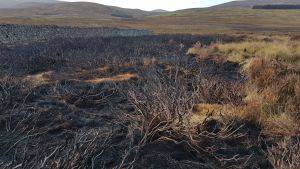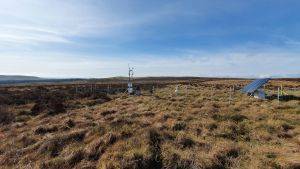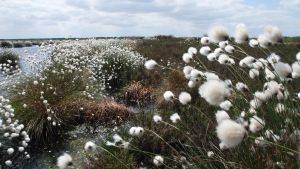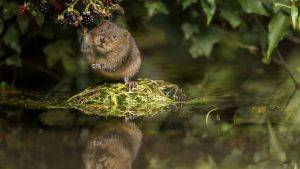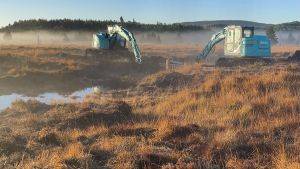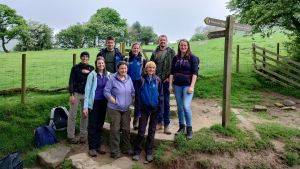The School of Planning, Architecture and Civil Engineering at Queen’s University Belfast seeks to engage a graduate in Earth Science, Environmental Science, (Field-based) Life Science or Environmental / Civil Engineering for the following salaried PhD position investigating ecosystem services associated with blanket bogs:
Ecohydrological analysis of blanket bog catchments
The candidate will investigate how blanket bog ecosystems influence stream flow and water quality using botanical, hydrological and hydrochemical data. The successful candidate will be responsible for instrumentation installation, field data collection and integrating water quality data with biological and hydrological data sets to develop /re-appraise conceptual models of blanket bog ecohydrology. Collection of the data will be integrated with socioeconomic factors to quantify the benefits to water quality of healthy blanket bog catchments, compared to degraded catchments and, those that are currently being restored. Candidates must have the following:
a. An upper second or first class degree in Earth Science, Environmental Science, Life Science or a related discipline.
b. A full clean driver’s licence.
c. European Union Citizenship.
d. Prior experience of relevant field work, notably mapping, water quality sampling/analysis, habitat mapping, and/or aquatic invertebrate sampling.
e. Familiarity with geographic information systems, and their use for environmental investigations.
f. Experience in integrating datasets from a range of disciplines.
Experience with ecosystem services analysis would be regarded as beneficial, while expertise of using hydrological and water quality monitoring instrumentation would be considered advantageous.
This position requires candidates to work in close collaboration with people from contrasting backgrounds in a cross-disciplinary environment. Field work in challenging remote environments will form an integral element of both positions. Candidates must be prepared to work under flexible conditions.
This research is part to the Irish EPA’s research programme contributing to Mapping of Ecosystem Services, as required by the European Union. Candidates will be based at Queen’s University Belfast but will be expected to travel to field sites in Northern Ireland and the Republic of Ireland on a regular (up to weekly) basis. The position is salaried for three years, starting 1st June 2016. The salary for the position starts £14,300, rising to £14,800 for the final year. Stipend salaries are tax-free.
To formally submit an application please use the direct applications portal at https://dap.qub.ac.uk/portal/user/u_login.php
If you have any queries or difficulties completing your application please do not hesitate to contact Andrew Conroy in the Research Office on TEL: 028 9097 4679 or alternatively a.conroy@qub.ac.uk
For details of the technical content of the research, please contact Dr Raymond Flynn at r.flynn@qub.ac.uk or Dr Florence Renou-Wilson at Florence.renou@ucd.ie
The deadline for submission is 1st June 2016.

